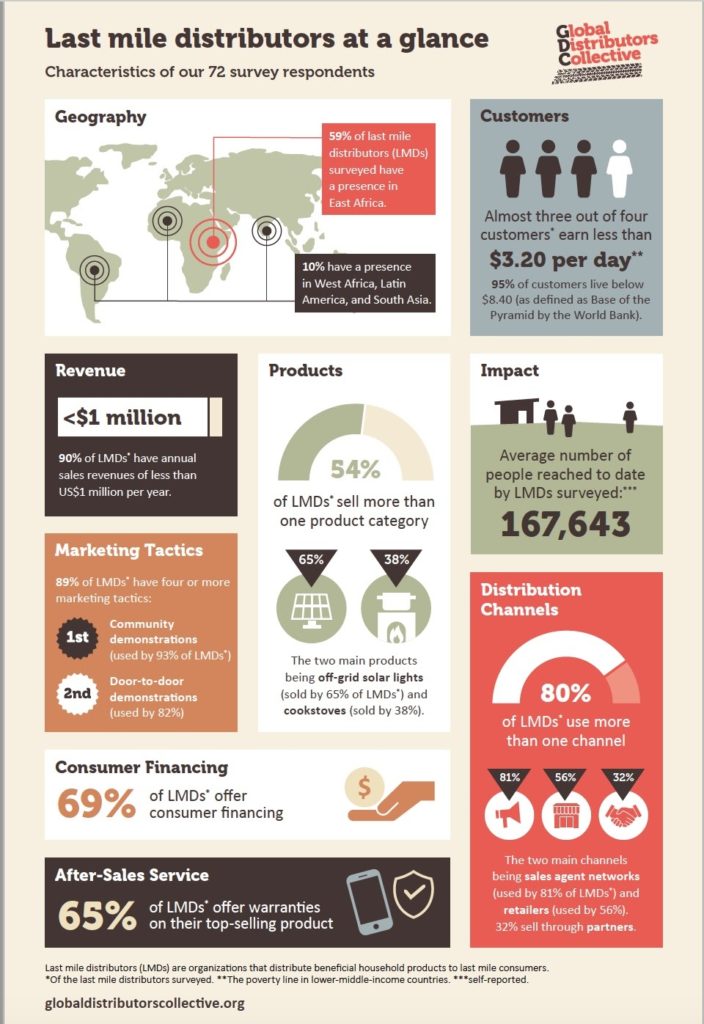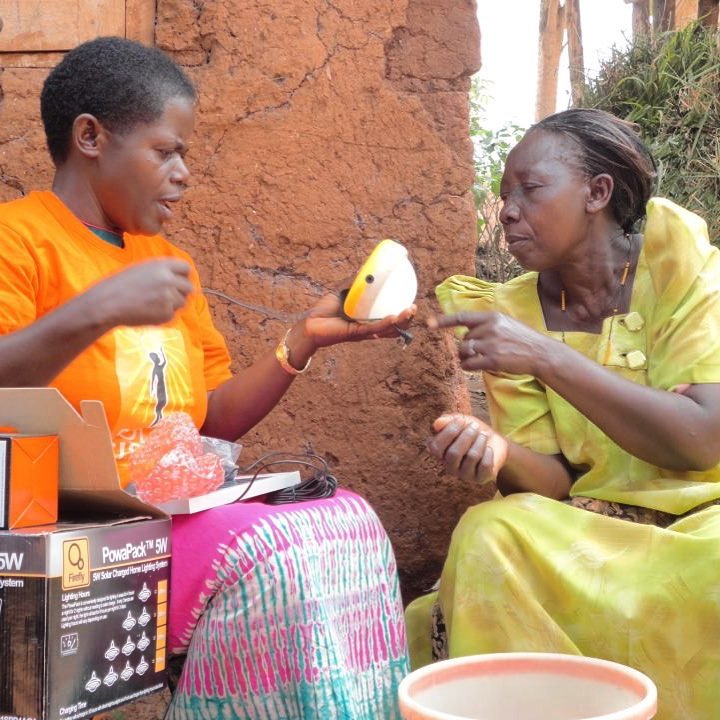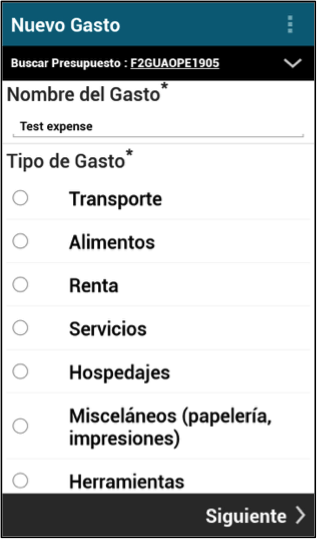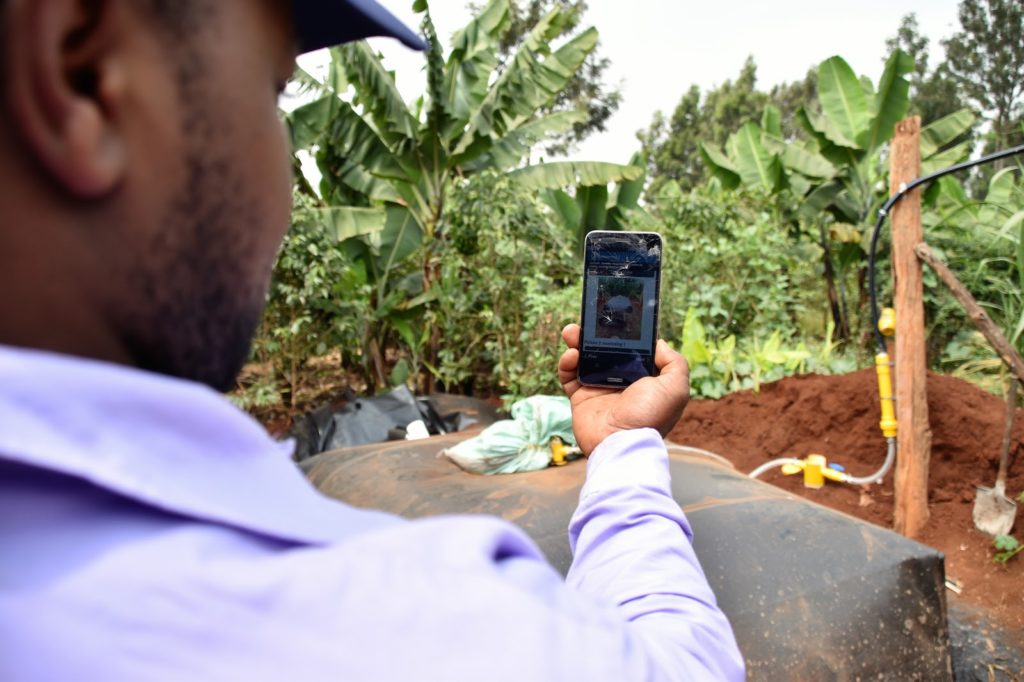
Search
Consumer demand for goods and services in low income, remote areas of emerging markets is substantial but so are the roadblocks – physical, technical and financial – for last mile distribution companies and organizations selling, storing and delivering products to these base-of-pyramid customers in the last mile.
“Nearly 1 billion people lack access to electricity, 3 billion lack access to clean cooking, 844 million lack access to basic drinking water, and a further 815 million are undernourished … Beneficial household products such as off-grid solar lights and home systems, improved cookstoves, water purifiers, nutritional supplements, and agricultural inputs can play an important role in helping to address this ‘access gap’,” according to a recently released report on the last mile distribution sector by Global Distributors Collective (GDC), a coalition of last mile distributors (LMDs) (Download the report).
TaroWorks has among its clients a number of organizations providing goods and services like solar lamps, clean cookstoves and toilets to consumers living in hard-to-reach and impoverished areas across Africa and Latin America. GDC surveyed some of those customers among its sample of 72 last mile distributors with operations in 30 countries and generally less than $1 million in annual sales.

The challenges faced by the last mile distribution companies surveyed include: getting reliable information on products and suppliers, negotiating prices and payment terms and maintaining efficient stock levels – while importing goods in small quantities. The report also points out that sales force “… recruitment, training, management, and retention are among the biggest challenges faced by LMDs.”
The GDC study highlighted a number of focus areas and recommendations for future sector success including procurement (“centralized purchasing and improving product certification”), sales efficiency (“enhancing sales management platforms, and training services”) and access to finance (“adapting existing funding mechanisms and establishing specialist intermediary funds”).
Given TaroWorks’ mission to provide nonprofits and social enterprises a mobile field service app and cloud database for collecting and analyzing field data, directing sales agent networks and managing inventory in the last mile (We recently launched TaroWorks Enterprise a mobile offline inventory management tool), we were particularly interested in GDC’s observations and recommendations about how LMDs can use software and other technology for business operations.
“Software to manage sales and payments is increasingly important; yet many solutions remain unaffordable to LMDs, driving them to develop their own.” – Last Mile Distribution State of the Sector Report. (Read More)
We’ve taken our mobile device software, which is integrated with Salesforce.com’s CRM, and tailored a range of features and functionality to the needs of LMDs. What follows are highlights of the last mile distribution report that focus on technology innovation and examples of how TaroWorks customers are using such software and cloud computing to manage their distribution operations.
GDC observes that sales and payment management platforms “…are the most commonly used pieces of software amongst surveyed LMDs. In addition to managing customers, they help LMDs manage sales agents, technicians, and inventory.”

Solar Sister delivers solar products and clean cookstoves through a ‘local agent’ model, which has helped it build a network of 2,500 largely female entrepreneurs who buy the products from Solar Sister and resell them at a profit to consumers in locations like rural outdoor markets or at local savings groups across Uganda, Nigeria and Tanzania.
“Using TaroWorks’ offline mobile CRM app for tracking sales transactions in the field, and analyzing results in Salesforce.com, has helped improve the productivity of the business development associates who sign up Solar Sister entrepreneurs, sell them products for resale and train the Solar Sister entrepreneurs to manage their own small business.” (Read More)
The GDC report identifies several other areas of last mile distribution in which software “is beginning to play a role, and could play an even more significant role in future,” including training platforms for sales agents, HR platforms to help LMDs find employes that are a good fit for their company and monitoring and tracking platforms like systems that can locate and track customers that don’t have addresses.
GDC points out how solar energy provider and TaroWorks customer Ilumexico has used mobile app and cloud-based technology to achieve significant time savings for data collection and analysis as well as better manage field agents who work in remote areas with little if any internet connectivity or mobile phone data service.

“After iluméxico introduced TaroWorks they reduced their time collating and analysing data from 21 hours a week to just 5 hours. The management team built their own dashboards with key metrics on sales, repayments, and default rates. They are now able to track agent performance remotely and are better positioned to appraise credit risk in their customer portfolio.” – Last Mile Distribution State of the Sector Report. (Read More)
Ilumexico and The BOMA Project, an NGO that operates a Poverty Graduation Program in Kenya’s northern arid lands, are using TaroWorks’ mobile field services app and companion Salesforce.com cloud database to track expenses incurred by field teams and gauge how remote staff spend their time. The data is then analyzed to increase worker productivity and inform business decisions that can now be made in near real- time. (Read More)
Finally, GDC suggests that, “Software could be improved in a number of areas to more effectively meet LMDs’ needs.”
The areas include affordability (“More basic versions of existing platforms and services could be made available to LMDs at lower cost.”); product agnosticism (“Platforms should be designed to work across the wide range of products that LMDs sell.”); offline functionality (“Given limited mobile data availability in many last mile areas, offline functionality is needed.”); user friendliness (“Platforms need to be as simple as possible for use by staff and agents who may have limited experience with computers and apps.”) and feedback loops (“LMDs are bound to encounter problems when introducing a new platform, and providers should be on hand to support them in addressing these issues.”)
GDC’s mention of offline functionality resonated with us since one of the reasons the social enterprises and nonprofits we work with consider using a field service management app like TaroWorks is that it gives them the ability to collect and analyze data or manage a field force while offline and then upload data or download data processing results when within range of connectivity.

Sistema.bio manufactures, sells, installs and services hybrid reactor biodigesters, which transform animal manure from small and medium size farms into biogas for clean cooking and a nutrient-rich organic fertilizer.
Technicians who install and service the biodigesters often work with farmers in rural areas where mobile devices can’t pick up data or wifi signals.
“A powerful TaroWorks feature that Sistema.bio uses daily is a two-way flow of information. Not only are field technicians logging their visit details while offline, but they can also look up information like personal tasks, farmer histories and training videos locally on their mobile device offline. This is key to Sistema.bio’s operations because the same technician won’t necessarily come back to complete the actual biodigester installation; therefore, the technician in charge of installation will need to view the details and notes from the previous site validation.” (Read More)
Among the GDC report’s conclusions is the message that helping LMDs with technology, operations, financing and other facets of their business can have benefits beyond each last mile distribution organization:
“… LMDs play an important role in market creation and improving quality of life for low-income consumers, and that if they can be supported to scale, this would make a significant contribution to the SDGs.”
Related Articles:
Many TaroWorks customers previously used paper and spreadsheets to collect data, analyze metrics and run field operations. Let us show you how TaroWorks’ offline mobile field service app can help scale your business by digitizing sales and supply chain management, increasing agent network productivity and analyzing data in real-time for business insights.
POST TOPICS
Sign up to receive emails with TaroWorks news, industry trends and best practices.
TaroWorks, a Grameen Foundation company.
Site by V+V